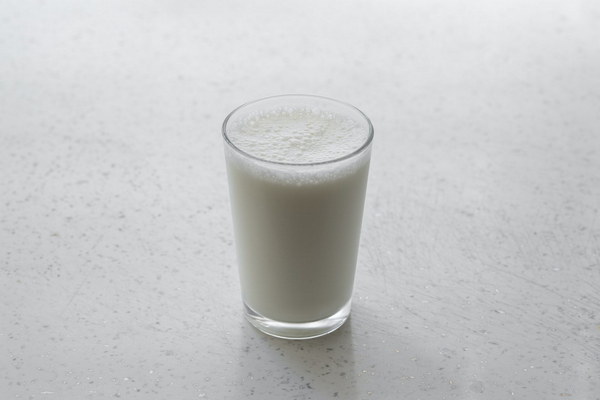Nutritional Guide for Acute Jaundice Foods to Enhance Recovery
Acute jaundice is a common condition characterized by a yellowing of the skin and eyes due to high levels of bilirubin in the bloodstream. While medical treatment is essential for managing acute jaundice, dietary adjustments can also play a significant role in enhancing recovery. This article provides a comprehensive guide to nutritional considerations for individuals dealing with acute jaundice, focusing on foods that can help alleviate symptoms and support overall health.
Introduction
Acute jaundice can result from various factors, including liver diseases, infections, and genetic disorders. The condition is more prevalent in newborns, but it can also affect adults. During the recovery period, it is crucial to consume a balanced diet that not only meets nutritional requirements but also supports liver function and reduces inflammation. Below are some key dietary recommendations for individuals with acute jaundice.
1. High-Fiber Foods
A high-fiber diet can help prevent constipation, a common symptom of acute jaundice. Foods rich in fiber include fruits, vegetables, whole grains, and legumes. Some examples are:
- Apples, pears, and berries
- Broccoli, spinach, and kale
- Oats, barley, and brown rice
- Beans, lentils, and chickpeas
2. Liver-Healthy Foods
The liver plays a crucial role in filtering bilirubin and other waste products from the bloodstream. Including liver-healthy foods in your diet can support this process. These foods include:
- Leafy green vegetables, such as spinach, kale, and collard greens
- Nuts and seeds, like walnuts, almonds, and sunflower seeds
- Fatty fish, such as salmon, mackerel, and sardines
- Olive oil and avocados
3. Hydration
Proper hydration is essential for maintaining healthy liver function and aiding in the excretion of bilirubin. Drink plenty of fluids throughout the day, such as water, herbal teas, and clear broths. Avoid alcohol and caffeine, as they can stress the liver and exacerbate symptoms.
4. Bile-Supporting Foods
Bilirubin is processed and excreted through bile, which is produced by the liver. Foods that support bile production and flow can help alleviate symptoms of jaundice. These foods include:
- Artichokes
- Beets
- Garlic
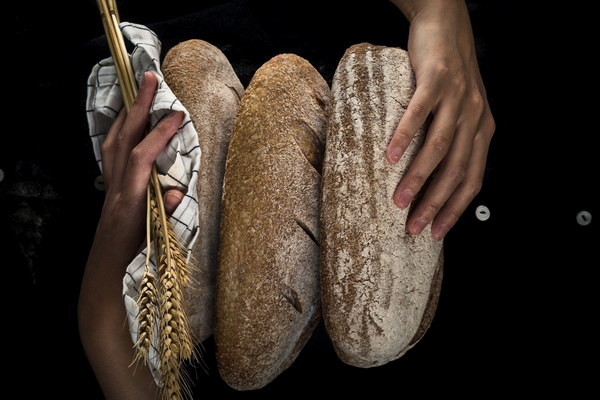
- Onions
- Lemon juice
5. Gentle Proteins
During acute jaundice, the body may struggle to digest certain types of proteins, such as red meat and dairy products. Opt for gentle proteins that are easier on the digestive system, such as:
- White meats, such as chicken and turkey
- Fish
- Tofu and tempeh
- Eggs
6. Avoid Foods High in Fat and Cholesterol
High-fat and high-cholesterol foods can strain the liver and exacerbate symptoms of jaundice. Avoid or limit the consumption of:
- Fatty meats, such as beef, pork, and lamb
- Full-fat dairy products
- Fast food and fried foods
- Processed and pre-packaged foods
7. Nutrient-Rich Foods
Ensure your diet includes a variety of nutrient-rich foods to support overall health and recovery. These include:
- Vitamin C-rich foods, such as oranges, strawberries, and bell peppers
- Vitamin E-rich foods, such as almonds, sunflower seeds, and avocados
- B vitamins, found in whole grains, legumes, and leafy green vegetables
- Zinc, available in nuts, seeds, and legumes
Conclusion
Acute jaundice requires a comprehensive approach to treatment, including medical intervention and dietary adjustments. By focusing on high-fiber, liver-healthy, and bile-supporting foods, individuals with acute jaundice can enhance their recovery and improve overall health. Always consult with a healthcare professional for personalized dietary recommendations and medical advice.

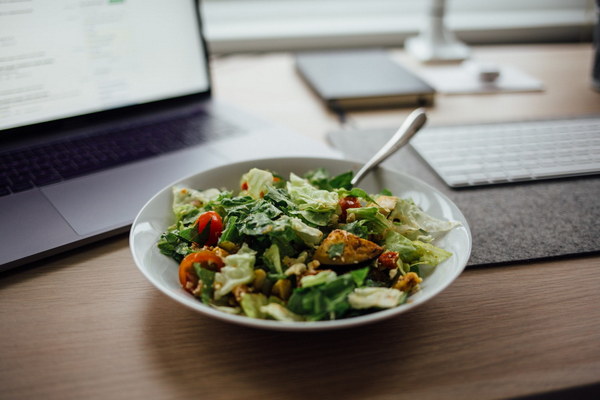
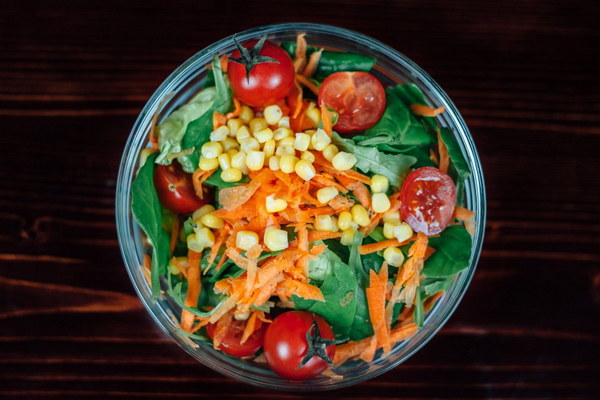



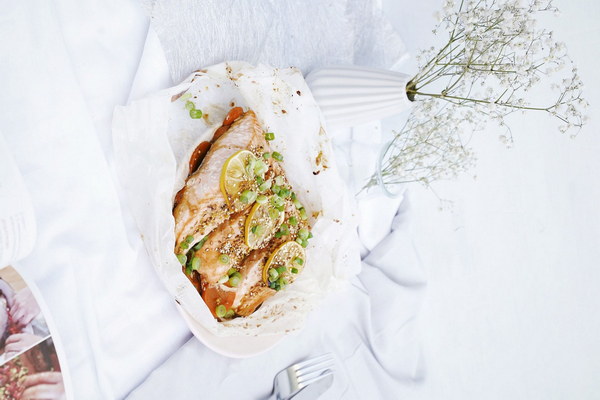
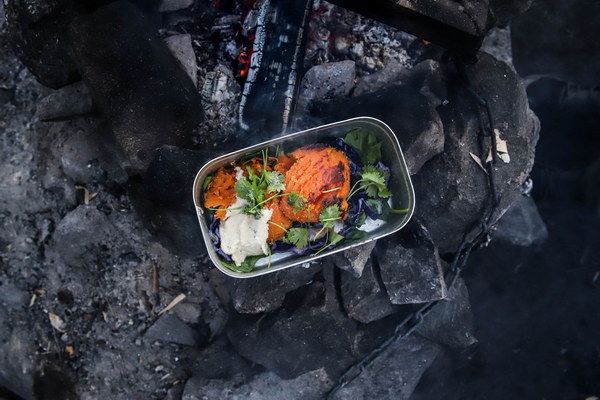
![Unveiling Beauty A Comprehensive Guide to Local Beauty and Hair Care Services in [City Name]](http://img.bluepurple.cn/a/养生/171/Unveiling-Beauty-A-Comprehensive-Guide-to-Local-Beauty-and-Hair-Care-Services-in-City-Name.jpg)
